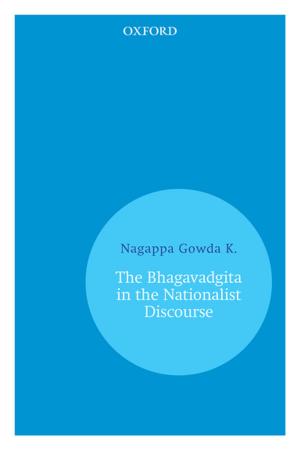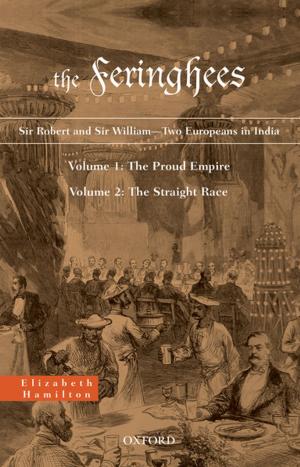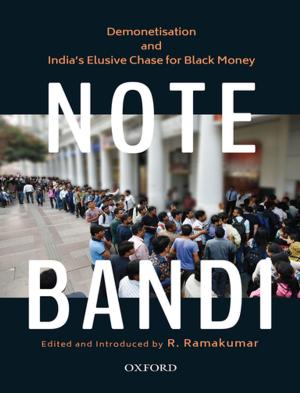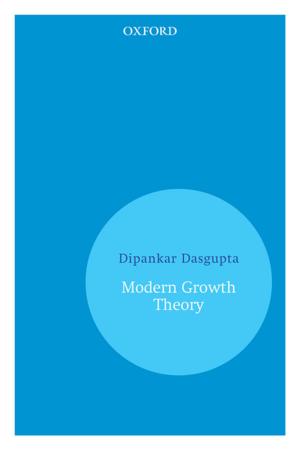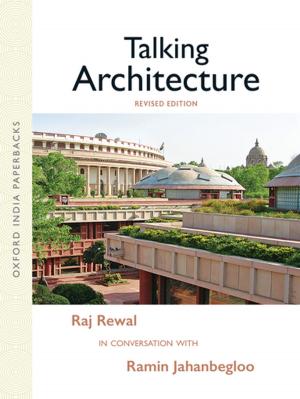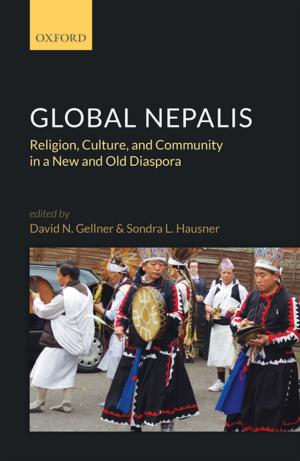Intimate Class Acts
Friendship and Desire in Indian and Pakistani Women’s Fiction
Fiction & Literature, Literary Theory & Criticism, Asian, South & Southeast Asian, Nonfiction, Social & Cultural Studies, Social Science| Author: | Maryam Mirza | ISBN: | 9780199089697 |
| Publisher: | OUP India | Publication: | September 1, 2016 |
| Imprint: | OUP India | Language: | English |
| Author: | Maryam Mirza |
| ISBN: | 9780199089697 |
| Publisher: | OUP India |
| Publication: | September 1, 2016 |
| Imprint: | OUP India |
| Language: | English |
The economically privileged Lenny is able to taste the forbidden delights of the adult world because of her ayah. The romantic relationship between Sai, an upper-class Gujarati girl and Gyan, a lower-middle-class Nepali boy, crosses both class and ethnic boundaries. The marriage between Ram, an aristocratic Hindu and Rose, a working-class Englishwoman, transgresses racial and class lines while also reinforcing patriarchal hierarchies. These relationships in Ice-Candy-Man, The Inheritance of Loss and Rich Like Us reveal striking similarities in how gendered and classed identities are lived in India and Pakistan. In this scholarly work, Maryam Mirza examines ten novels in English by women writers from the Indian subcontinent. She explores the role of power and desire and of emotional and physical intimacy in cross-class relations. Among others, Mirza examines well-known novels such as Arundhati Roy’s The God of Small Things and Kamila Shamsie’s Salt and Saffron and works that have hitherto drawn limited critical attention, such as Moni Mohsin’s The End of Innocence and Brinda Charry’s The Hottest Day of the Year.
The economically privileged Lenny is able to taste the forbidden delights of the adult world because of her ayah. The romantic relationship between Sai, an upper-class Gujarati girl and Gyan, a lower-middle-class Nepali boy, crosses both class and ethnic boundaries. The marriage between Ram, an aristocratic Hindu and Rose, a working-class Englishwoman, transgresses racial and class lines while also reinforcing patriarchal hierarchies. These relationships in Ice-Candy-Man, The Inheritance of Loss and Rich Like Us reveal striking similarities in how gendered and classed identities are lived in India and Pakistan. In this scholarly work, Maryam Mirza examines ten novels in English by women writers from the Indian subcontinent. She explores the role of power and desire and of emotional and physical intimacy in cross-class relations. Among others, Mirza examines well-known novels such as Arundhati Roy’s The God of Small Things and Kamila Shamsie’s Salt and Saffron and works that have hitherto drawn limited critical attention, such as Moni Mohsin’s The End of Innocence and Brinda Charry’s The Hottest Day of the Year.

